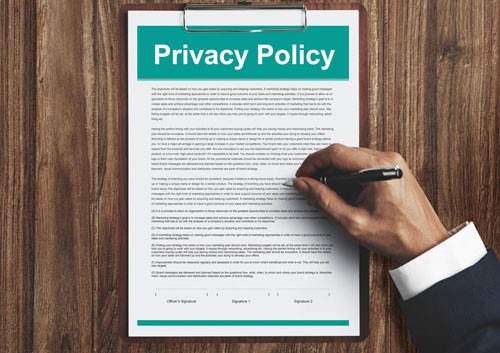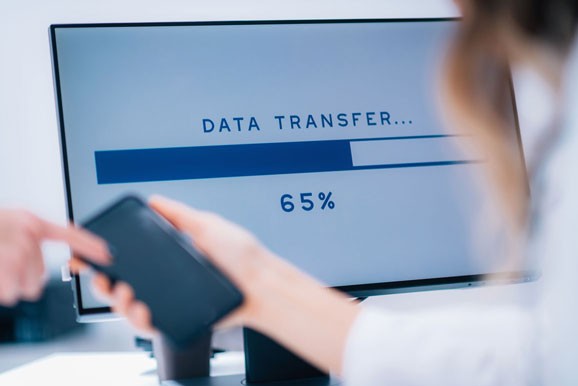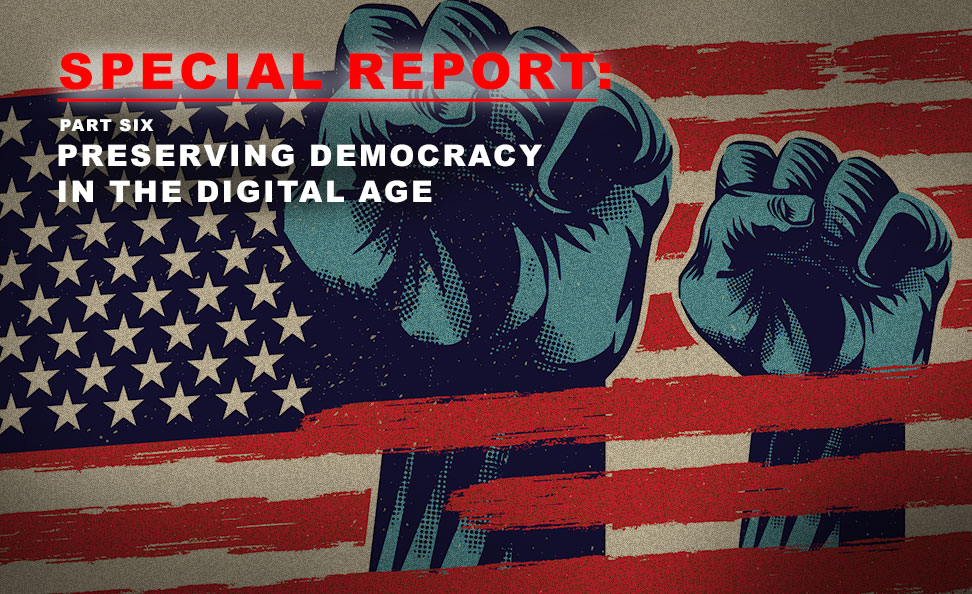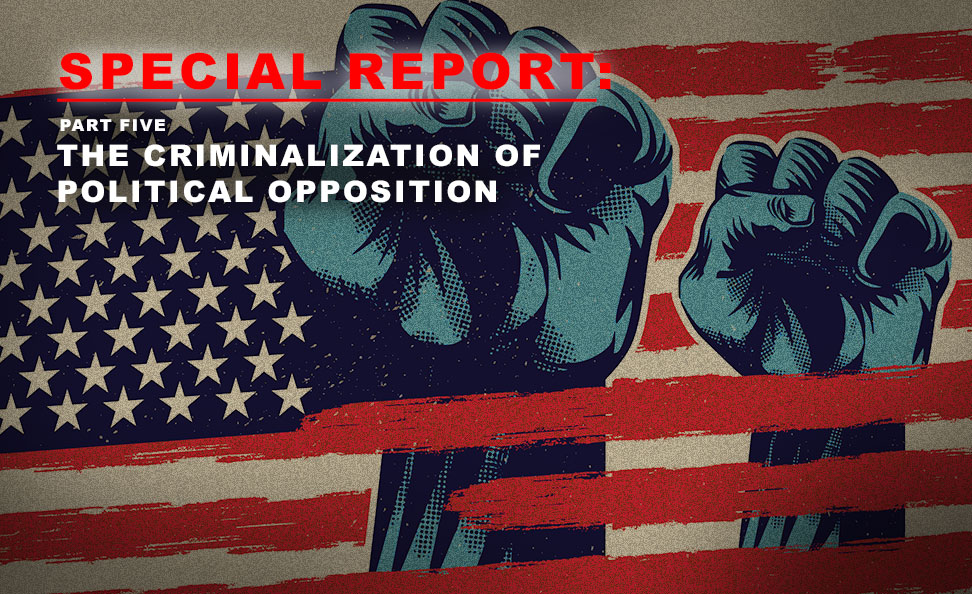Privacy is a grey area for social media and social networks. Especially if you use your real name or enjoy expressing yourself without social filters.
Most people are blindsided and surprised when they see how much private and personal data social media platforms can harvest and collect. Facebook sees over 500 billion likes every day and has collected, stored, analyzed, and processed over 340 billion pieces of personally private data for its database. This is a new level of invasion and violation of personal space and requires a completely new approach to protecting privacy and anonymity online.
Here are eight ways social networks use to steal your private data.
1: Collecting Private Information
It’s no big secret that social media networks actively collect private information about their users. And anything and everything is up for grabs. Your name, gender, birth date, geographic location, where you went to high school, what you like to watch or listen to, how often you post … heck, even your favorite flavor of ice cream.
The more private information they collect, the more valuable you become to advertisers. And in this business, that’s the name of the game. It’s all about targeting ads that you’ll click on based on the psychographic profile they’ve created.
Privacy Invasion 2: Location Tracking
If you’ve ever used a location-based service like Google Maps or Foursquare, you’re familiar with the “your location” feature and the button that pops up each time you open an app. For example, have you ever walked into a grocery store or restaurant and received a “leave a review for this establishment” pop-up on your phone?
Or how about the last time you Google searched your favorite business and noticed the feature on the side of the results page showing how busy the business is at any given time of the day.
Location tracking allows apps to know where and who you are so that they can provide helpful information such as directions to the nearest coffee shop, or recommendations to a nearby well-reviewed restaurant. It’s also used to display the traffic conditions on roadways when using services like Google Maps.
But because it’s directly tied to you and your identity, and given the phenomenal volume of private and confidential information social networks have collected about you, are you sure this is a feature worth trading your privacy and online anonymity for?
Considering that social networks are designed around people interacting and engaging with other people just like you, are the risks worth it?
Privacy Invasion 3: Tracking Your Searches
Every search you make through a search engine is tracked. They are tracked by the search engines, and they’re tracked by the social media networks through re-targeting pixels and tags.
Re-targeting makes it easier for your favorite social media networks to target ads, services, and offerings to you, based on what you search for on Google, Bing, and other search platforms. Re-targeting can also track interactions and searches on other competing social media platforms like Facebook or Instagram.
The retargeting of ads is all that pixels and tags can be used for. They can also be used to show you stories, news, web pages, or any other content the social platform thinks might work for you. Alternatively, they can also be used to persuade and reshape your opinions. Cambridge Analytica was accused of using retargeting to help elect Donald Trump as the 45th President of the United States. The Canadian military used similar concepts to engage in propaganda warfare against Canadian citizens during the 2-year-long Covid Pandemic.
The real kicker here is that all of this data is kept and held with your social media profile and never goes away.
4: Privacy Policies
Privacy policies are supposed to be the key for you to understanding what and how much data a social network will collect from you. But be honest, when was the last time you ever read one?
If a social network doesn’t have a privacy policy designed to protect and keep you safe online, then it’s probably a good idea to steer clear of it. Social networks are online communities where people share vast amounts of personal and private information about themselves and their lives. This information can even include photos and videos … some of which should remain private.
As we’ve seen from companies like Facebook, what you think is your private data is now their commercial property, and your use of the platform gives them the right to use your data any way they like.

Privacy policies described how your data will be used and can include things like being able to download or move your data, see the data collected on you, correct errors or provide updates, delete personal information, or even what happens with your data if you close your account.
Read privacy policies carefully before signing up for websites, social media platforms, or apps.
5: Phone Numbers
Phone numbers are the most common form of privacy invasion and private information shared on social networks.
Phone numbers are often shared to find friends, make plans, and share contact information. But they can also be used to steal your identity or commit fraud.
Here are some ways your phone number can be stolen:
- Phone numbers are required to sign up for and verify your identity on social platforms.
- Social network apps use your phone number to link to other apps and services. If you give your phone number to a social network app, it will use it to link you to other apps and services such as gaming, dating, or financial products. Your phone number may also be used for marketing purposes by any of those companies at any time.
- Advertisers use your phone number to build profiles about you that are 99.9% connected to your real identity. They can use your phone number with other data points like age and gender as part of their advertising targeting strategies, or even use your phone number along with tracking data to build pathing profiles on you including where you go and what types of businesses you visit. For example, an advertiser might know that women aged 30-40 who live in Seattle enjoy shopping online for clothes during their work lunch hour.
- Phone numbers can unlock additional information about you if associated with other personal information such as your name or address. This usually happens when someone saves a contact entry.
6: Third-Party Apps
Third-party apps are the new way for social networks to get your private data. Here’s just one example of how it works:
- The social media app ecosystem is a tangled web – and it’s getting more complicated every day. A recent report from The Wall Street Journal found that Facebook had granted 150 third-party companies access to users’ data, including phone numbers, addresses, and friends lists.
- Facebook said it only provided information to help these third-party app companies to build better user experiences, but it’s not always clear who has access to what and why. So how can you possibly know if your data is safe?
7: Photo Metadata

Everyone loves sharing photos on their favorite social media networks. It’s a great way to share memories with friends and family or boast of dream vacations, or even new extravagant purchases.
But do you know that every photo contains hidden information that can reveal your location, your name, your devices, and even more? It’s called Metadata and it’s embedded in every single digital photo you take.
Anyone can review the metadata in your photo if they know how. And it’s not hard to do. Government agencies use it, law enforcement uses it, and cyber stalkers and cybercriminals use it all the time.
Combined with new tools like PimEyes facial recognition software, this form of violating your online and digital privacy can prove costly, embarrassing, and life-changing.
Privacy Invasion 8: Hidden Data Logging and Cross Referencing
Social networks log absolutely everything you do while on their platforms or connected websites through retargeting. This includes but isn’t limited to your location data and browsing history, friends and family, messages and posts, photos and videos, and anything else you do.

But when this information is combined with other data sources it can be used to manipulate and persuade you, trick or convince you to do things or take actions you otherwise wouldn’t, put yourself in jeopardy, or even reveal secrets about you that you don’t want the world to know.
For example, credit card companies can predict an upcoming divorce two years before the married couple even knows it’s going to happen.
Wrapping Up
Don’t give up hope! There are many ways you can actively protect your online privacy and anonymity.
Check back to this website regularly for new privacy protection articles, and be sure to sign up for Privacy We’s newsletter.








